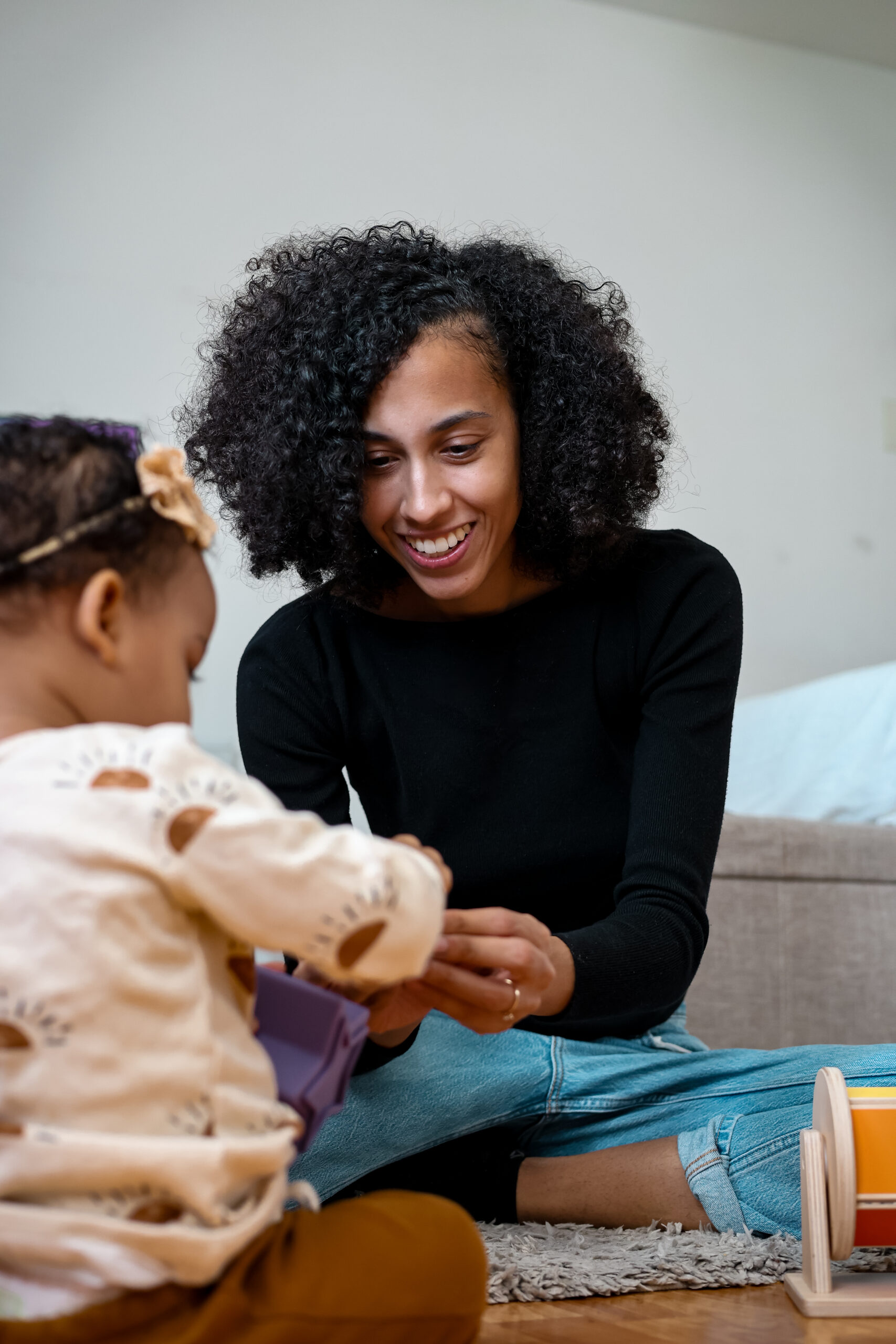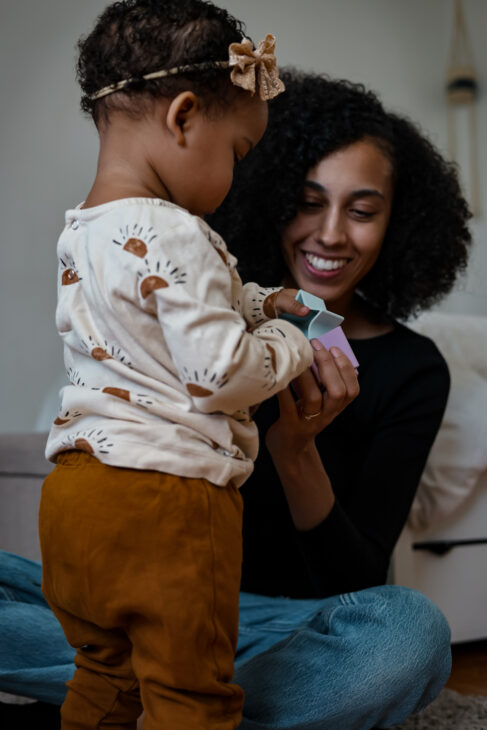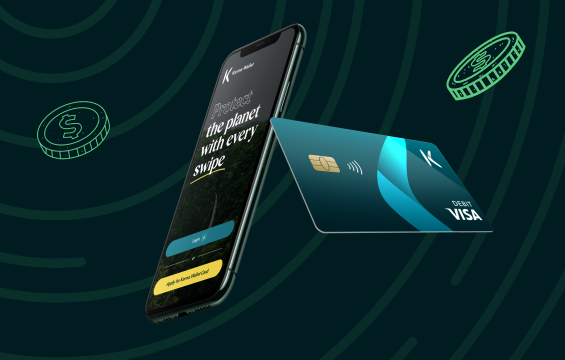
To any millennial moms (or dads) out there, I’m curious to know how you are making an effort to shop more sustainably. I personally felt conflicted because I never got on board with reusable diapers, but I know there are other ways to live sustainably as a new parent. This is my first child, so navigating shopping sustainably, while being a parent has been an interesting process. Now that I’ve been a mom for a little over a year, I feel like I have a good idea on how to implement sustainable living for me and my family.
This post is in partnership with Karma Wallet. All opinions are my own. Some affiliate links are used in this post denoted by an asterisk*. Click here for full disclaimer.
Here’s how I shop sustainably as a millennial mom
Analyze purchase habits
They say you can’t control what you don’t measure, so the first step is figuring out where you can make sustainable swaps and improvements! I recommend doing a trash audit to see what you throw out regularly and determine what swaps you can make.
I also suggest using Karma Wallet, a (free) data-driven platform focused on helping consumers know the answer to the question, “Is this the right place for me to shop?”
I personally love Karma Wallet* because it provides a monthly impact report to let you know if your spending is skewing more positive, neutral, or negative in terms of sustainability. This month, my purchases skewed neutral. All you have to do is link to your bank account!
It also shares your shopping carbon footprint!

Support sustainable companies
There are so many amazing sustainable brands for millennial mamas and their babies – not sure which ones to support? Check out DoneGood’s marketplace – they make sustainable shopping simple. If you want to be financially savvy, while shopping sustainably, consider signing up for the Karma Wallet Card, a prepaid reloadable debit card, that gives up to 20% cashback when shopping with thousands of sustainable brands.
Note: The monthly membership fee for a Karma Wallet Card* is $3.99. If you sign up for this card in May 2024, Karma Wallet will waive the membership fee for three months!
Karma Wallet Card Benefits include:
- Up to $300 cashback per year
- When you dine out or order food delivery, Karma Wallet donates a meal to someone in need
- Automatic donation to reforestation projects when you fill up on gas
- Up to 10% cashback and Free Shipping with DoneGood orders

Sign Up for the Karma Wallet Card*
Accept hand me downs
If you have friends and/or family members who have kids a little older than yours, chances are they may have some hand-me-down items for your child! Recently, my landlord offered me a ton of hand-me-down clothes for my daughter. Of course, I said, “Yes, Please!”
I’ve also heard you can find really cool hand-me-down items in Buy Nothing Groups on Facebook and we are big fans of clothing swaps around here.
Shop secondhand
You can never go wrong with thrifting! When thrifting, I’m always surprised by how many kiddie items I find that are new with tags… or unopened toys still in their original packaging.
If in-person thrifting isn’t your thing, don’t forget about online thrifting. My personal favorites are Kidizen or eBay*!
Invest in quality pieces
Recently, my motto has been quality over quantity. As a millennial mom, this means opting for long-lasting glass baby bottles or investing in well-made wooden toys.
When shopping as a parent, I hope the items I buy will be in good condition to pass on to another child in the future… or even to my future grandkids! We are in this for the long haul.
Conclusion
Although I may not be a team cloth diaper, there are many other ways to adopt sustainable habits as a millennial parent. The key is to be thoughtful about the items you buy and to consider the impact the items have on people and the planet. We love thrifting, buy-nothing groups, clothing swaps, and more!
Also, don’t forget to sign up for The Karma Wallet Card! As a conscious consumer, it’s important to be mindful about where you spend your money. This debit card is for people and the planet – rewarding sustainable behaviors and providing tools to empower all consumers to build a better future.
I hope this post inspires you to make more sustainable spending decisions for you and your family.
Pin Your Favorite







